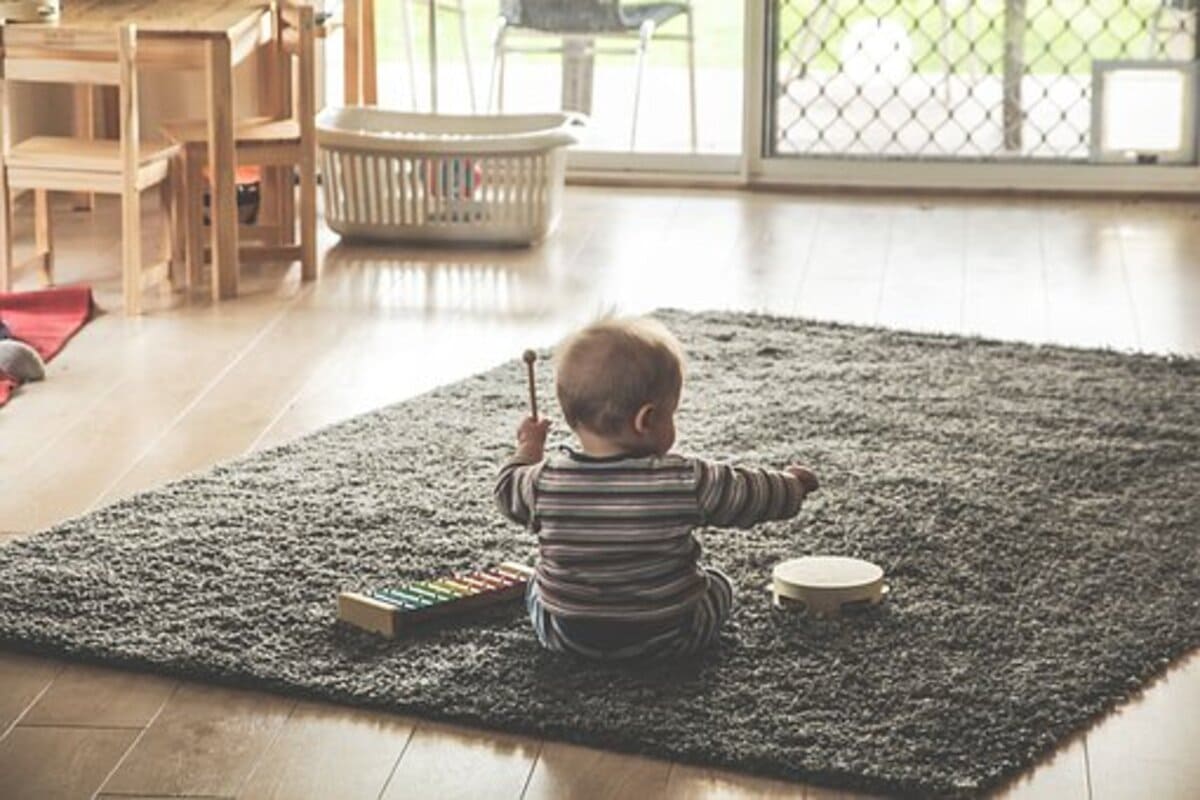المدونة
Teaching Kids How to Cope with Failure : Essential Parenting Tips

Failure is a natural and inevitable part of life, but for children, it can feel overwhelming and discouraging. Whether they’re struggling with academics, sports, hobbies, or social relationships, how children cope with failure greatly impacts their emotional development and future success. By teaching kids how to handle setbacks constructively, we help them develop resilience, persistence, and a positive attitude toward challenges. In this article, we’ll dive deep into practical strategies to guide children through failure, turning difficult moments into powerful opportunities for growth.
1. Normalize Failure and Reframe It
Helping children understand that failure is not only normal but essential to learning is one of the most important foundations for building resilience.
- Reframe Failure as a Learning Experience:
Children often see failure as a definitive judgment on their abilities. It’s crucial to help them shift that perspective. Teach them that every mistake carries valuable lessons. You might say, “Mistakes show us what we still need to learn — they don’t mean you can’t succeed.” This mindset helps kids realize that setbacks are stepping stones toward success rather than dead ends. - Normalize Imperfection:
Children can feel immense pressure to be perfect, especially if they see adults or peers seemingly succeed with ease. It’s important to openly acknowledge that perfection is impossible. Share your own stories of failure — times you didn’t get the job you wanted, lost a game, or made a mistake — and explain how you learned and grew. Hearing that even adults stumble reassures kids that imperfection is human and nothing to fear. - Create Open Discussions About Failure:
Make it safe for your child to talk about their failures. Encourage them with open-ended questions like, “What part was the hardest for you?” or “If you could try again, what would you change?” These conversations not only help children process emotions but also build critical thinking skills and emotional intelligence.
2. Teach the Importance of Effort and Persistence
Children often wrongly believe that their worth is tied to outcomes — winning the game, acing the test, or completing the project perfectly. Teaching them that effort and perseverance are far more important is key.
- Praise Effort, Not Just Results:
When we only celebrate achievements, children may think success is what matters most. Instead, praise the process. Say things like, “I love how hard you worked on your painting,” or “You really focused and gave your best effort during practice today.” This reinforces the idea that trying hard and showing up consistently are wins in themselves. - Teach Persistence Through Challenges:
Children need to understand that success rarely happens overnight. Tell stories of people who achieved great things through persistence, such as Thomas Edison inventing the light bulb after thousands of failed attempts. Highlight that determination often outweighs natural talent. Help your child see failures not as reasons to quit, but as signals to try a new approach and keep going.
3. Encourage Problem-Solving and Reflection
Teaching kids to think critically about setbacks empowers them to face future challenges with confidence.
- Ask Reflective Questions:
Instead of immediately offering solutions when your child fails, help them reflect. Ask, “What do you think went wrong?” or “Was there something you might try differently next time?” This encourages analytical thinking and shows them that they are capable of understanding and improving their own performance. - Support Them in Finding Solutions:
Once they identify what went wrong, brainstorm together on possible next steps. Let them suggest ideas and build a plan. This process not only teaches critical thinking but also promotes independence. When children feel they have agency over their learning, they become more motivated to persist through difficulty. - Celebrate the Problem-Solving Process:
Even if a new strategy doesn’t lead to immediate success, celebrate the courage it took to try something different. This reinforces the idea that growth comes from creative thinking and effort, not just getting things right on the first try.
4. Help Manage Emotions Around Failure
Failure often brings strong emotional reactions, and helping children manage those emotions is crucial for long-term emotional resilience.
- Acknowledge and Validate Feelings:
When a child is upset about a failure, resist the urge to quickly “fix” the situation or downplay their emotions. Instead, sit with them and say, “I can see this is really upsetting for you, and that’s completely okay.” Validating their feelings shows them that it’s safe to feel and express emotions, which is a vital part of emotional regulation. - Teach Healthy Coping Strategies:
Introduce simple coping techniques like deep breathing, counting to ten, or even taking a short break. Practice these strategies together during calm moments, so they become second nature during times of stress. You could say, “Let’s take three big breaths together before we talk more about what happened.” - Encourage Calm Reflection Before Action:
Teach children that it’s okay to pause before reacting to failure. Sometimes just stepping away from a frustrating situation helps clear the mind and opens space for better decision-making. Explain that strong feelings are normal, but we don’t have to act immediately on them.
5. Foster a Growth Mindset
One of the most powerful gifts you can give your child is the belief that their abilities are not fixed — they can grow and improve through effort and learning.
- Use the Power of “Yet”:
Encourage children to see skills as something that develops over time. If they say, “I can’t do this,” gently add, “You can’t do it yet.” This small shift helps children understand that failure is a moment in time, not a permanent state. - Praise Progress, Not Just Final Success:
Instead of focusing only on completed goals, celebrate milestones along the way. For example, “You’ve improved so much at your reading — you’re sounding out words faster now!” Recognizing small wins reinforces perseverance and motivates continued effort. - Provide Opportunities to Embrace Challenges:
Encourage your child to take on activities that are a bit outside their comfort zone, where failure is a real possibility. Support them through the setbacks and celebrate the courage it took to try. This helps them internalize the message that learning is a journey, and effort is what leads to mastery.
Teaching kids how to cope with failure is one of the greatest life lessons we can offer. By normalizing failure, emphasizing effort and persistence, encouraging problem-solving, managing emotions, and nurturing a growth mindset, we prepare them to face life’s inevitable challenges with courage and resilience. With your support and guidance, your child will learn that failure isn’t the opposite of success — it’s a stepping stone toward it.





















